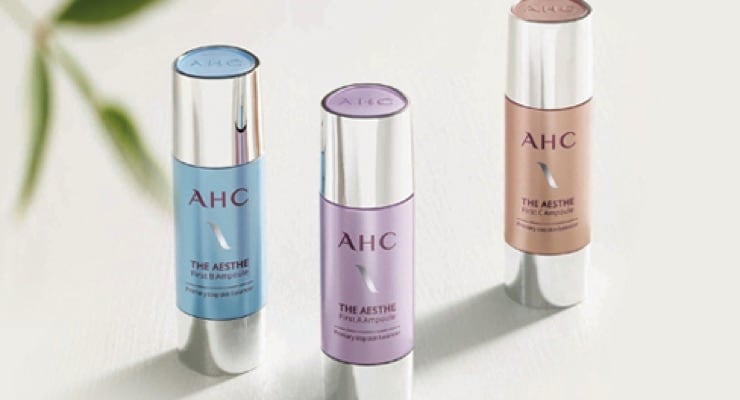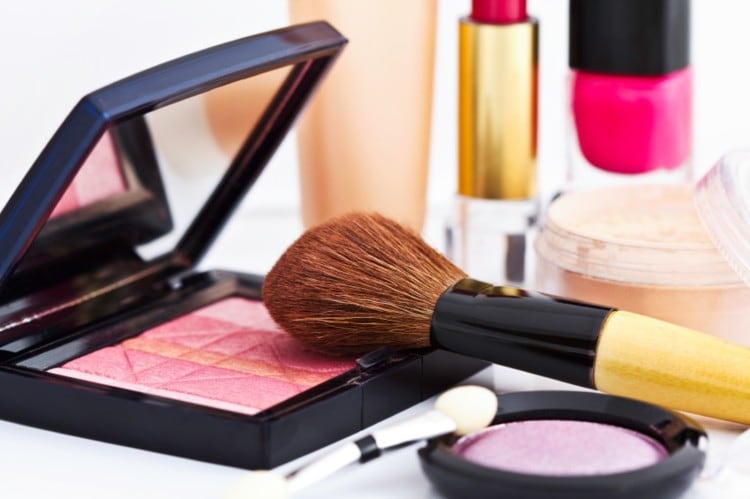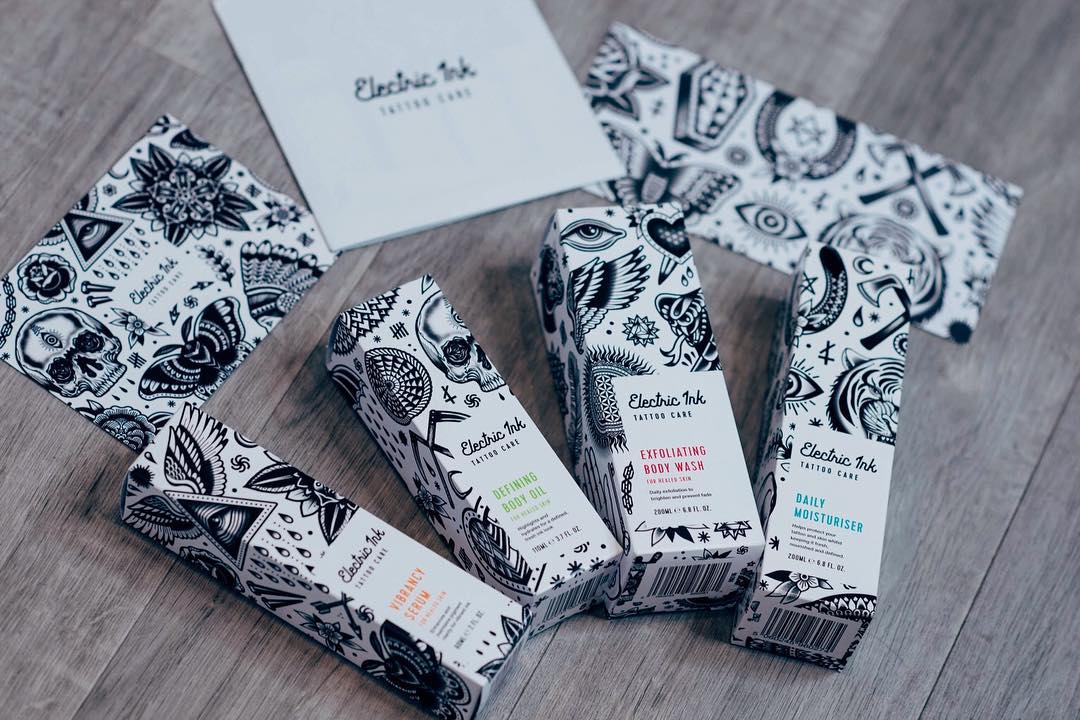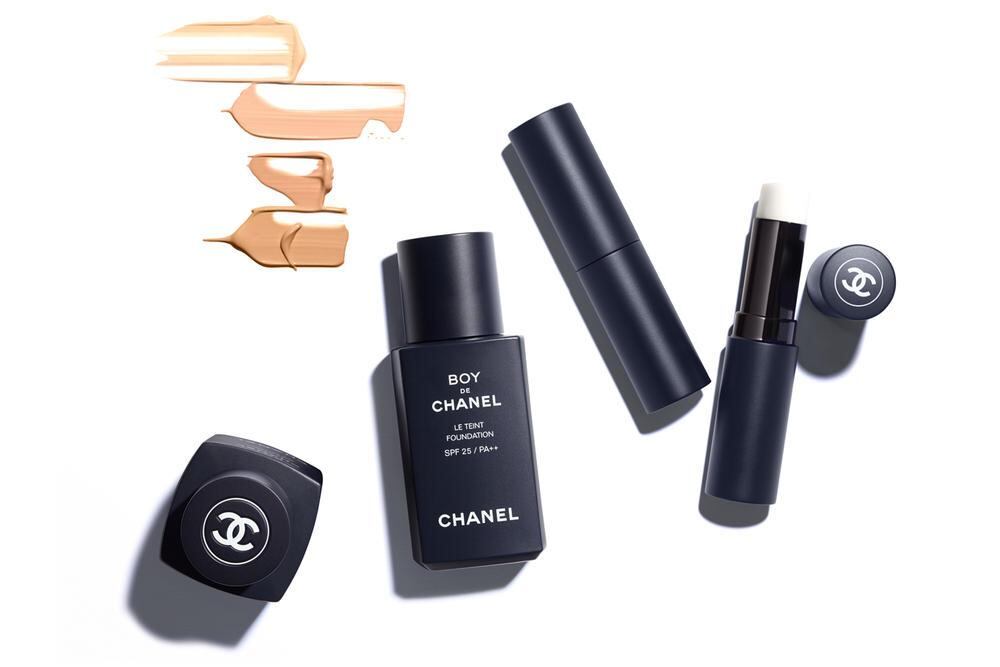To celebrate the launch and introduce AHC to the Chinese market, the brand unveiled a two-storey pop-up store in Shanghai which offered consumers the chance to try AHC’s best-selling products first-hand.
An encouraging beginning
The Unilever-owned brand intends to target the Chinese consumer with its best-selling moisturising products, said the company.
According to the company, sales of AHC rose quickly on T-mall to occupy the top spot on both T-mall and Taobao cosmetics. It adds that it notices a spike of interest from consumers in Beijing, Shanghai and Guangzhou.
While sales online have been positive, the company says it plans to expand its offline distribution as there is a strong interest in Korea and Korean beauty among Chinese consumers.
In order to increase brand awareness, it plans to collaborate with beauty influencers in China. The brand already has a handful of celebrity brand ambassadors, from Korean starlets to Academy award-winner Anne Hathaway.
Brand history
AHC was developed in 1999 by Carver Korea. According to the brand, AHC’s products feature effective ingredients, innovative formulas, and advanced delivery systems to address a wide range of skin types and concerns.
AHC is best known for its Eye Cream For Face range. Its main selling point, as the name suggests, is that it is effective yet gentle enough to use all over the face – including the delicate eye area.
According to the brand, the Eye Cream For Face line features advanced hydrating and nourishing ingredients that enhance the tone, elasticity, firmness and moisture barriers of the skin.
Last November, consumer goods giant Unilever completed its acquisition of Carver Korea for $2.63bn, which remains the largest deal in the Korean cosmetics industry.
K-fatigue?
Though the South Korean culture has dominated the Asian zeitgeist over the past years, there are pieces of evidence that China – and the rest of Asia – may be getting fatigued by K-beauty thanks to an over-saturation on the market.
In February, leading Korean beauty manufacturer Amorepacific Corporation reported 76% lost in the fourth quarter of 2017. The company blamed the slump singularly on the dwindling interest from Chinese consumers.
While K-beauty took a back seat, Japanese beauty brands, which have long been known for quality and prestige, gave its rival a run for its money. In 2017, Japanese beauty conglomerate Shiseido posted a 20.1% increase in sales from the year before.





